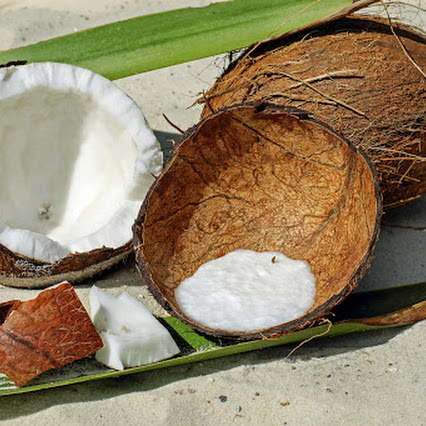Organisms In The Gut May Impact Digestion !!
Organisms In The Gut May Impact Digestion !!
The 10 trillion microscopic organisms living in your stomach related framework may not be human, yet they appear to be as essential to your body as your heart or liver.
A developing number of studies are finding that organisms in the gut straightforwardly impact natural cycles from solid discharges to conduct. A new examination in mice currently uncovers that these organisms may shape our digestion, also. Scientists in Daniel Mucida's Laboratory of Mucosal Immunology have distinguished a specific kind of gut neuron that controls glucose levels, impacting craving. Distributed as of late in science, the discoveries could have suggestions for treating metabolic issues, for example, heftiness and diabetes, which are firmly identified with levels of glucose in the blood and have been connected to changes in the piece of the gut microbiota.
We are aware that microorganisms in the gut can create metabolites that look like synapses and are determined by enteric neurons.
Presently we are starting to discover direct associations between microbial movement and host conduct, for example, eating. It's an amazing part of these life forms," says Mucida. The work was driven by Paul Muller, an ongoing alumni understudy in Mucida's lab, Fanny Matheis, another Mucida graduate understudy, and Marc Schneeberger Pané a postdoctoral individual in Jeffrey Friedman's Laboratory of Molecular Genetics.
Topography matters
The gut is enmeshed by neurons—to the degree that it might be viewed as a sensory system in its own right, so refined it is some of the time alluded to as our subsequent mind. These neurons help with assimilation and motility by keeping close tabs on an assortment of atomic signs, a large portion of which are thought to come either from our eating regimen or from organisms that call the gut home. Yet, these organisms are not appropriated consistently all through the stomach related parcel. The underlying portion, known as the duodenum, harbors generally scarcely any organisms, while the end, the colon, contains by far most. Mucida and partners have discovered that the equivalent is valid for gut neurons, and an investigation dependent on the sorts of proteins made in each portion of the mouse gut has uncovered that neurons in certainty perform various capacities relying upon where they're found. Yet, in without germ mice reproduced under sterile conditions to forestall colonization with microorganisms the inclination was reduced: The number of neurons in locales higher in organisms took after that of the microbially-scant duodenum under these conditions. These discoveries recommend that microorganisms are, an enormous part, answerable for the neurons' local contrasts. To test this thought, Mucida's group treated mice with anti-infection agents and found that by diminishing the number of microscopic organisms they likewise caused a drop in the number of neurons all through the gut—an impact that inevitably disappeared after the anti-microbials were halted. Neurons situated close to the furthest limit of the digestion tracts were hit especially hard by the treatment, recommending that they might be particularly dependent on organisms. Analyses likewise demonstrated that this loss of neurons was interceded by the neuronal articulation of a fiery tangible pathway that recently appeared to control the loss of neurons during intestinal contamination.
A connect to sugar digestion
However, the analysts despite everything didn't have the foggiest idea of what jobs these microorganisms controlled neurons play in the body. Thus, they built the mice so that they could specifically control the subset of neurons in the ileum and colon voluntarily. Shockingly, they saw that the mice's hunger diminished when the neurons were actuated, while their glucose level expanded. Furthermore, erasing similar neurons had the contrary impact. In mice that lost this subset of neurons, there was no adjustment in glucose levels because of anti-toxins.











hello
ReplyDelete